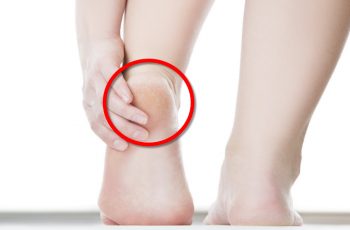Protein is ideal for the body and is an integral part of any healthy diet. With that being said, there are plenty of us that don’t enough of it on a daily basis; and that is a bit of a problem. Not only that, but it can be kind of tricky to know when you aren’t getting enough of this important nutrient. Your muscles rely on protein to build upon, so when you’re looking to increase muscle mass, you must worry about your protein intake. If you want to know whether you are protein deficient or not, there are a few symptoms to look out for – we’re going to check out a couple today.
Cravings – If you notice that you’re constantly snacking and craving food between meals, it can mean that you’re lacking in the protein department. This is usually a result of high-carb and sugar diets, with low protein added into the mix. Protein can even out your blood sugar levels, which is an added bonus.
Joint/Muscle Pain – If you notice that you’re experience increased amounts of both joint and muscle pain, this could be a direct result of protein not being present in your system. If you’re flabby where you used to be muscular, it could be that muscles/joint fluid is breaking down to supplement your calories (as opposed to protein).
Slow to Recover – When you get hurt and it becomes harder to recover, it could mean that you aren’t getting enough protein. In order to build new cells (which is a direct requirement for healing from injuries), you’ll need an abundance of protein.
Hair, Skin and Nail Problems – All three of these components rely on protein to remain strong. If you have skin, hair and nail problems, odds are you don’t have an ample amount of protein worked into your daily diet.
Retention of Fluid – If you find that you’re having increased levels of fluid being retained, this could be partially due to lack of protein. Fluid accumulating in problem areas like the feet and ankles could potentially be fixed through the introduction of protein supplements.
Weak Immune System – Having a weak immune system could also be a result of low protein levels, as immune cells are made from certain kinds of proteins.
Confusion – Also known as “brain fog”, this is a problem that could be attributed to your lack of protein as well.
How Much Protein Do I Need?
When talking about how much protein you should introduce into your diet, it’s going to vary from person to person. It’ll be based on your weight, as well as many other things – but it’s important to just maintain a healthy diet and incorporate protein as well. You may be able to build yourself a bigger and better body in the process! Don’t try and work with those crazy diets that the internet is concocting; all you must do is eat intelligently.
If you found this article helpful, share with your friends and family by clicking the button below!

